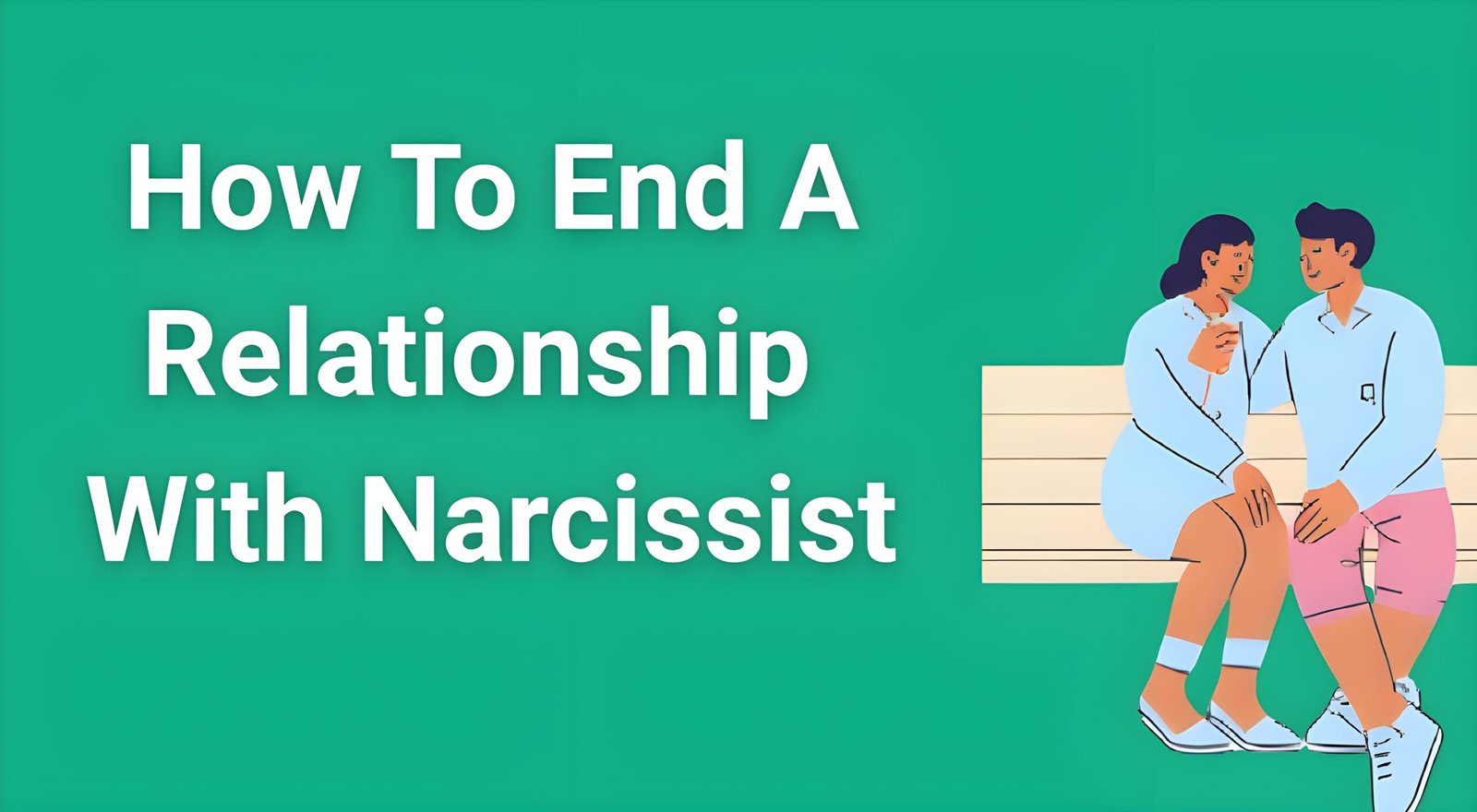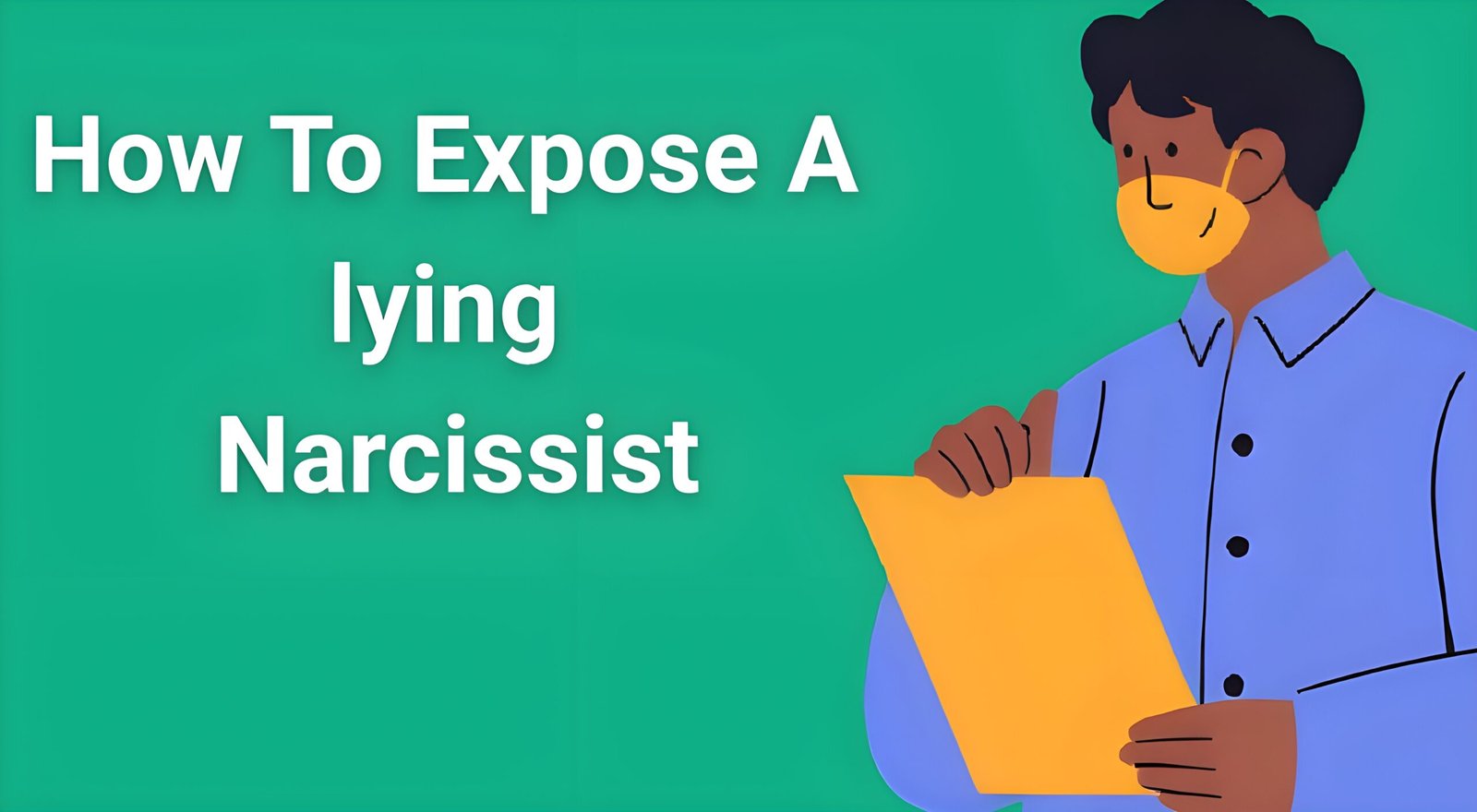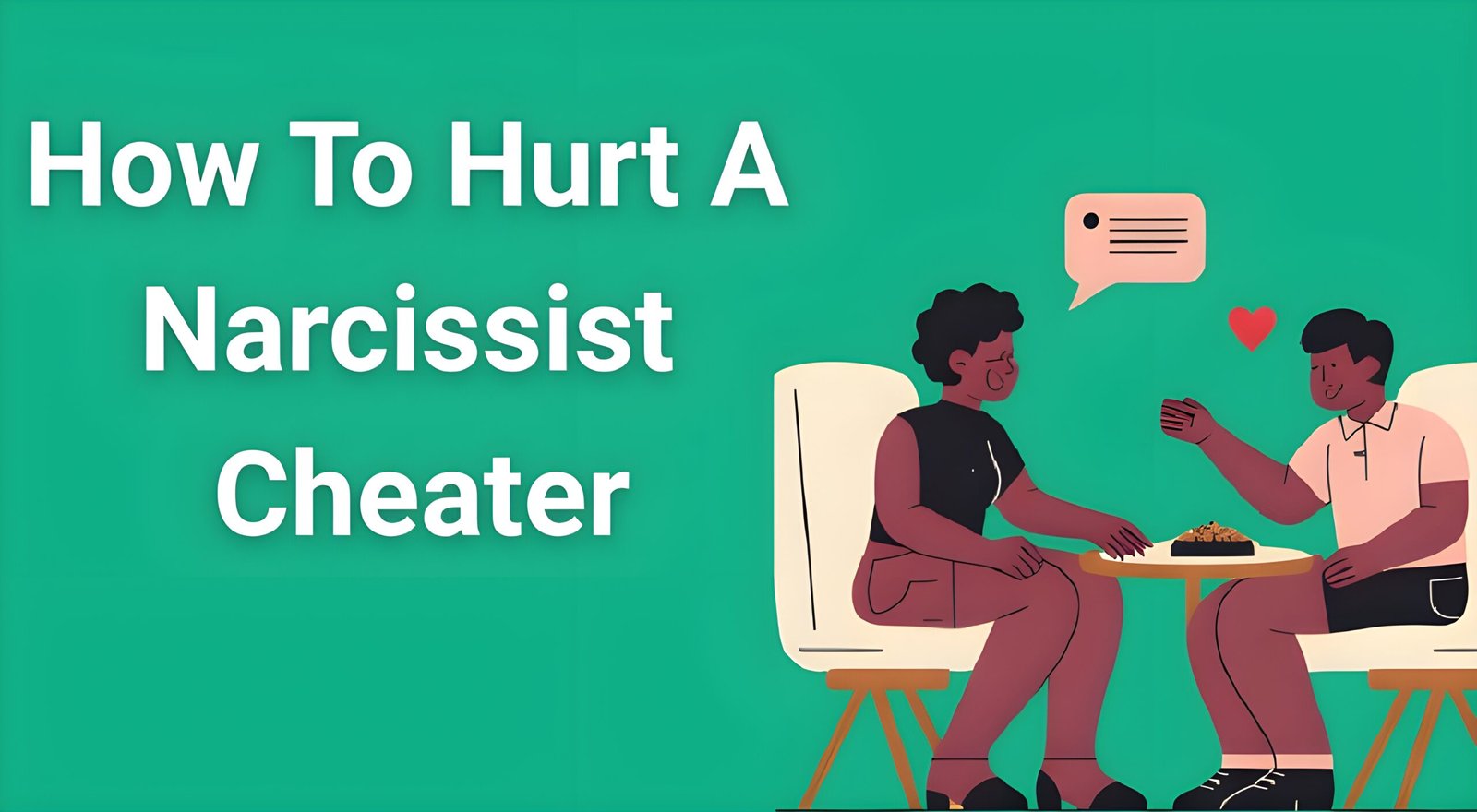You’re not crazy. You’re not “too sensitive.” And you’re definitely not imagining the emotional warfare you’ve been enduring. If you’re questioning whether you need to learn how to end a relationship with a narcissist, you’ve already taken the most crucial step—recognizing that something is fundamentally wrong.
- Why Ending a Narcissistic Relationship Is Different
- Signs You’re Ready to Leave
- The 4-Phase Strategy to End a Relationship with a Narcissist
- What to Expect During and After the Breakup
- Protecting Yourself from Manipulation
- Building Your New Life
- When Children Are Involved
- Creating Long-Term Safety
- Recovery Resources and Support
- Frequently Asked Questions
- Conclusion
Breaking up with a narcissist isn’t like ending a normal relationship. There’s no mutual respect, no healthy closure, and certainly no “staying friends.” Instead, you’re dealing with someone who views your departure as a personal assault on their carefully constructed false reality. Understanding this difference is essential for your safety and sanity.
The path to freedom requires more than just walking away. It demands a strategic approach that protects you from manipulation, retaliation, and the powerful psychological chains that have kept you trapped. This guide will show you exactly how to end a relationship with a narcissist safely and permanently.
Why Ending a Narcissistic Relationship Is Different
Normal breakups involve two people who, despite their differences, can acknowledge each other’s humanity. Both parties typically feel sadness, and there’s often some level of mutual respect for the shared experiences you’ve had together.
Narcissistic breakups operate in an entirely different reality. Narcissists lack genuine empathy and cannot process rejection like emotionally healthy individuals. When you try to leave, you’re not just ending a relationship—you’re threatening their primary source of validation and control.
This creates several unique challenges that make ending a relationship with a narcissist particularly complex:
The Trauma Bond Effect: Unlike healthy attachments, your connection to a narcissist functions more like an addiction. The intermittent reinforcement of kindness followed by cruelty creates powerful neurological pathways that make leaving feel physically and emotionally unbearable.
Reality Distortion: Years of gaslighting have likely left you questioning your own perceptions. You might find yourself wondering if you’re overreacting or if the relationship really was “that bad.” This confusion is intentional and strategic.
Isolation Tactics: Narcissists systematically isolate their partners from support networks, making the prospect of leaving feel overwhelming and impossible. You may feel like you have nowhere to turn.
Financial Control: Many narcissists use money as a weapon, creating financial dependence that makes leaving seem practically impossible.
Retaliation Fears: Unlike healthy individuals who respect boundaries, narcissists often escalate their behavior when faced with abandonment. This can include stalking, harassment, or attempts to destroy your reputation.
Signs You’re Ready to Leave
Recognizing readiness is crucial because attempting to leave before you’re mentally and emotionally prepared often leads to returning to the relationship, which typically results in increased abuse and tighter control.
You’re No Longer Making Excuses: When you stop explaining away their behavior or hoping they’ll change, you’ve reached a critical turning point. You see their actions clearly without the filter of false hope.
The Trauma Bond Is Weakening: You no longer feel that desperate, anxious attachment. Their presence might even make you feel physically sick rather than providing relief.
You’re Planning Instead of Wishing: Rather than fantasizing about change, you’re thinking practically about logistics like where you’ll live, how you’ll support yourself, and what you’ll need to do to protect yourself.
You’re Reconnecting with Reality: Your own perceptions matter more than their version of events. You trust your experiences and feelings again.
You’re Building Support: You’ve begun reaching out to friends, family, or professionals who can provide emotional and practical support during your transition.
If you’re recognizing yourself in these signs, it may be time to seriously consider seeking professional help to understand your specific situation better. A personalized analysis can provide clarity about whether what you’re experiencing truly constitutes narcissistic abuse and help you develop a tailored strategy for moving forward safely.
The 4-Phase Strategy to End a Relationship with a Narcissist
Learning how to end a relationship with a narcissist requires a systematic approach that prioritizes your safety while systematically reducing their control over your life.
Phase 1: Silent Preparation (Weeks 1-4)
This phase is about gathering resources and building your foundation without alerting the narcissist to your plans. Secrecy is absolutely essential during this stage.
Document Everything: Start keeping a detailed record of incidents, conversations, and behaviors. Use dates, times, and specific examples. Store this information somewhere they cannot access it—perhaps in a cloud account they don’t know about or with a trusted friend.
Secure Your Finances: Open a separate bank account if you don’t have one. If possible, begin redirecting small amounts of money to this account. Make copies of all important financial documents, including tax returns, bank statements, and investment accounts.
Gather Important Documents: Collect copies of identification documents, insurance policies, medical records, and any legal papers. Store these in a safe location outside your shared residence.
Rebuild Your Support Network: Begin carefully reconnecting with friends and family members you may have lost touch with during the relationship. Don’t reveal your plans yet, but start rebuilding these crucial connections.
Plan Your Living Situation: Research housing options, whether that’s staying with family, friends, or finding your own place. If you’re married or have shared assets, consult with a lawyer who understands high-conflict personalities.
Protect Your Technology: Change passwords on personal accounts, check for tracking apps on your devices, and consider getting a separate phone or email account for sensitive communications.
Phase 2: Building Your Exit Strategy (Weeks 5-8)
Now you’ll create concrete plans while maintaining the appearance of normalcy in the relationship.
Create a Safety Plan: Identify safe places you can go immediately if the situation escalates. Program important numbers into your phone under innocuous names. Pack an emergency bag with essentials and keep it somewhere accessible.
Professional Support Team: Connect with a therapist who understands narcissistic abuse. Consider joining a support group for survivors of emotional abuse. If children are involved, consult with a family law attorney experienced in high-conflict divorces.
Financial Independence: If you don’t already have one, secure employment or increase your income. Build up your emergency fund. If you’re financially dependent, research resources for survivors of domestic abuse, which often include financial assistance programs.
Practice Gray Rock Technique: Begin implementing emotionally neutral responses to reduce conflict and avoid triggering suspicion. Become boring and unresponsive to their attempts at drama.
Strengthen Boundaries: Start saying no to unreasonable demands, but do so gradually to avoid sudden escalation. Practice protecting your emotional space while you prepare to leave.
For those feeling overwhelmed by the complexity of trauma bonds, structured support can make an enormous difference. A systematic approach to breaking these psychological chains can provide the clarity and strength needed to follow through with your exit plan.
Phase 3: The Actual Exit (Weeks 9-10)
When you’re fully prepared, it’s time to execute your plan. This phase requires courage, but remember that you’ve already done the hard work of preparation.
Choose Your Timing: Leave when they’re not home if possible. If you must have a conversation, do it in a public place or with support people present. Never leave when they’re angry or have been drinking.
Keep It Simple: Don’t try to explain, justify, or make them understand. A simple statement like “This relationship isn’t working for me, and I’ve decided to end it” is sufficient. Don’t provide ammunition for arguments.
Implement No Contact Immediately: Block them on all social media platforms, change your phone number if necessary, and avoid places you know they frequent. If you share children, communicate only about child-related matters through a co-parenting app or written communication.
Execute Your Safety Plan: Move your belongings when they’re not present if possible. Have support people help you. If you feel unsafe, don’t hesitate to contact law enforcement or domestic violence resources.
Legal Protections: If there’s any history of threats or violence, consider filing for a restraining order. Document any attempts at contact or harassment.
Phase 4: Maintaining Freedom (Ongoing)
The weeks and months following your exit are crucial for maintaining your freedom and beginning your healing journey.
Stick to No Contact: This is perhaps the most important rule for learning how to end a relationship with a narcissist permanently. Any contact, even negative contact, provides them with the attention they crave and opens the door for manipulation.
Expect Escalation: Many narcissists increase their efforts to regain control after being left. This might include love-bombing attempts, threats, involving flying monkeys (mutual friends or family who do their bidding), or trying to make you jealous with new relationships.
Focus on Healing: Work with a trauma-informed therapist to process your experiences and heal from the emotional abuse. Consider specialized resources designed to help survivors break free from trauma bonds completely.
Rebuild Your Identity: Reconnect with interests, hobbies, and aspects of yourself that may have been suppressed during the relationship. This is an opportunity to rediscover who you are outside of the narcissist’s influence.
Stay Vigilant: Be aware of potential hoovering attempts, where the narcissist tries to suck you back into the relationship with promises of change or manufactured crises. Remember why you left and stay committed to your decision.
What to Expect During and After the Breakup
Understanding the narcissist’s likely responses can help you prepare mentally and emotionally for what’s coming.
Initial Shock and Disbelief: If you catch them off guard, expect genuine surprise. Narcissists often believe they have complete control and don’t see the end coming.
Rage and Retaliation: Once the shock wears off, expect anger. This might manifest as verbal attacks, attempts to damage your reputation, or other forms of revenge.
Love-Bombing and False Promises: They may suddenly become the partner you always hoped they could be, showering you with affection and promises to change. Remember, this is a manipulation tactic, not genuine transformation.
Playing the Victim: Expect them to rewrite history, portraying themselves as the wronged party and you as the cruel abandoner. They may gain sympathy from mutual friends or family members.
Hoovering Attempts: Named after the vacuum cleaner, this involves trying to suck you back into the relationship through various means—emergency situations, special occasions, or simply showing up unexpectedly.
The Smear Campaign: They may try to damage your reputation by spreading lies or half-truths to anyone who will listen. This is their attempt to maintain their false image while destroying yours.
Your Own Emotional Journey: Expect to feel relief mixed with grief, confusion, and sometimes guilt. You may question your decision or feel temporarily overwhelmed by freedom. These feelings are normal and temporary.
Protecting Yourself from Manipulation
Narcissists are skilled manipulators who will use every tool at their disposal to regain control. Recognizing these tactics is essential for maintaining your freedom.
Gaslighting: They’ll deny events that happened, minimize their behavior, or claim you’re remembering things incorrectly. Keep your documented evidence handy to remind yourself of reality.
Guilt and Blame: Expect to be blamed for everything wrong in the relationship and made to feel guilty for leaving. Remember, their behavior is not your responsibility.
Threats and Intimidation: Some narcissists resort to threats when other tactics fail. Take any threats seriously and involve law enforcement if necessary.
Using Children as Weapons: If you have children together, they may use custody issues, emotional manipulation of the children, or withholding access as control mechanisms.
Financial Abuse: They might try to damage your credit, hide assets, or refuse to pay agreed-upon support. Work with financial and legal professionals to protect yourself.
Flying Monkeys: Mutual friends or family members may unknowingly become their agents, providing information about you or pressuring you to reconcile.
Building Your New Life
Learning how to end a relationship with a narcissist is just the beginning. Building a healthy, fulfilling life afterward requires intentional effort and ongoing support.
Professional Support: Continue working with a therapist who understands narcissistic abuse. Consider joining support groups for survivors, either in person or online.
Address Underlying Vulnerabilities: Many people who attract narcissists have certain vulnerabilities—often stemming from childhood experiences—that make them susceptible to manipulation. Addressing these patterns is crucial for preventing future abusive relationships.
Rebuild Your Support Network: Nurture relationships with people who respect boundaries, support your growth, and treat you with genuine kindness.
Rediscover Your Identity: After months or years of having your reality dictated by someone else, rediscovering your authentic self takes time. Be patient with this process.
Learn Healthy Relationship Patterns: Understanding what healthy relationships look like can help you recognize and avoid narcissistic individuals in the future.
If you’re struggling with the intense psychological bonds that make leaving feel impossible, remember that these connections function more like addictions than normal attachments. Specialized approaches that address the neurological aspects of trauma bonding can provide the support needed to break free permanently.
When Children Are Involved
Having children with a narcissist adds layers of complexity to ending the relationship, but it doesn’t make escape impossible.
Document Everything: Keep detailed records of their parenting behaviors, missed visits, and any concerning interactions with the children.
Protect the Children: Work with professionals who understand parental narcissism to minimize the impact on your children while protecting them from manipulation.
Legal Protections: Consult with an attorney experienced in high-conflict custody cases. Consider requesting supervised visitation if there are safety concerns.
Parallel Parenting: Instead of co-parenting, which requires cooperation, implement parallel parenting where you parent independently during your respective time with the children.
Support for Children: Ensure your children have access to therapy or counseling to help them process their experiences and develop healthy coping mechanisms.
Creating Long-Term Safety
Your safety doesn’t end when the relationship does. Creating long-term security requires ongoing vigilance and strategic planning.
Monitor Your Digital Footprint: Be careful about what you post on social media and who has access to your location information.
Vary Your Routines: Avoid predictable patterns that could make you easy to find or approach unexpectedly.
Build a Strong Support Network: Maintain connections with people who understand your situation and can provide support if needed.
Continue Therapy: Working with a trauma-informed therapist helps you process your experiences and build resilience against future manipulation.
Trust Your Instincts: If something feels wrong or unsafe, trust that feeling and take appropriate precautions.
Self-Care Practices: Develop healthy coping mechanisms and stress management techniques to support your emotional well-being.
Recovery Resources and Support
Healing from narcissistic abuse requires specialized support that addresses the unique trauma caused by psychological manipulation.
Professional Therapy: Look for therapists who specialize in narcissistic abuse, trauma bonding, or complex PTSD. These professionals understand the specific challenges you’re facing.
Support Groups: Connect with other survivors through online communities or local support groups. Shared experiences can provide validation and practical advice.
Educational Resources: Understanding narcissism and abuse dynamics helps you make sense of your experiences and validates your decision to leave.
Crisis Support: If you’re in immediate danger, contact the National Domestic Violence Hotline at 1-800-799-7233 or text START to 88788.
For those ready to take the next step in their healing journey, comprehensive resources designed specifically for survivors of narcissistic abuse can provide the specialized support needed to break trauma bonds and build a healthier future.
Frequently Asked Questions
How long does it take to recover from a narcissistic relationship?
Recovery is highly individual and depends on factors like the length of the relationship, severity of abuse, and access to support. Many survivors report feeling significantly better within 6-12 months, but full healing can take several years. The key is focusing on progress, not perfection.
Will a narcissist ever leave me alone after I end the relationship?
Most narcissists eventually move on to new sources of supply, but this can take months or even years. Maintaining strict no contact and refusing to engage with their attempts at communication typically shortens this period. Some may persist longer, especially if children are involved.
What if I have to stay in contact because of children?
When children are involved, implement “low contact” rather than no contact. Use written communication only, stick to child-related topics, and consider using co-parenting apps that document all interactions. Avoid personal conversations and emotional responses.
How do I know if what I experienced was really narcissistic abuse? I
f you’re questioning your reality, walking on eggshells, constantly apologizing, feeling confused about your own perceptions, or experiencing anxiety and depression that began or worsened during the relationship, these are strong indicators of narcissistic abuse. A professional assessment can provide clarity about your specific situation.
What if they threaten suicide or self-harm when I try to leave?
Threats of self-harm are often manipulation tactics designed to prevent you from leaving. Take such threats seriously by contacting emergency services or a mental health crisis line, but don’t let these threats trap you in the relationship. You are not responsible for their choices.
Is it possible for a narcissist to change?
While personality disorders can sometimes be treated with intensive, long-term therapy, genuine change is rare and requires the narcissist to acknowledge their behavior and commit to treatment—something most narcissists resist. Don’t wait for change that may never come.
How do I deal with people who don’t understand why I stayed or why leaving is difficult?
Educate supportive friends and family about trauma bonding and narcissistic abuse. For those who remain unsupportive, limit what you share with them. Focus your energy on people who validate your experiences and support your healing journey.
What if I don’t have anywhere to go or any money?
Contact local domestic violence resources, even if you haven’t experienced physical abuse. Many organizations provide emergency housing, financial assistance, and practical support for leaving abusive relationships. Don’t let financial concerns trap you in an unsafe situation.
Conclusion
Learning how to end a relationship with a narcissist safely requires courage, planning, and ongoing support. Remember that leaving is often the most dangerous time in an abusive relationship, which is why preparation and professional support are so crucial.
Your decision to leave isn’t selfish—it’s an act of self-preservation and self-respect. You deserve relationships built on mutual respect, genuine love, and emotional safety. The road to healing may be challenging, but it leads to the freedom and peace you’ve been seeking.
The most important thing to remember is that you’re not alone in this journey. Thousands of survivors have successfully escaped narcissistic relationships and gone on to build fulfilling, healthy lives. With the right support, strategy, and commitment to your own well-being, you can join them.
Take your healing one day at a time, celebrate small victories, and never forget that choosing yourself is always the right choice. Your future self will thank you for the courage you’re showing today.
If you’re ready to take the next step in understanding your situation and developing a personalized strategy for healing, professional support designed specifically for narcissistic abuse survivors can provide the guidance and validation you need to move forward with confidence.






